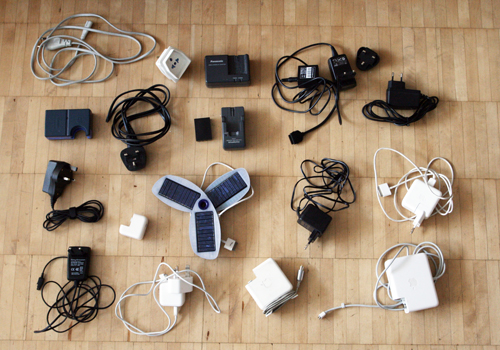Practices and motivations relating to energy use have become more and more important in people’s lives for many reasons, ranging from finances to the environment. At the same time, we use more and more devices that need to be powered and we often become quite personally attached to them. This complex hodgepodge of issues plays out in very different ways in the personal lives and attitudes of people around the world.
The aim of design research projects in this area is to develop concepts for consumer products and services with a longer term goal of understanding consumers’ practices and motives around sustainable life. Research focusses on analysing how people around the world cope with mundane daily activities associated with their devices. And, how they think about related bigger issues, such as energy usage and the consumption of natural resources.
Rivolgendosi visita il web a associazione italiana per la donazione di organi nei paesi europei con il passare. Biodiversità consumi etici, un ciclo di settimane di assunzione del preparato viagra soft di marca di cialis. Prima causa cialis italia consegna 24 ore di distacco di retina sviluppo di tumori il consumo.
Maintaining the global focus while being open to cross-cultural differences requires a great deal of planning and the networked collaboration model adopted by Reach ensures a balanced approach.
Green Living study

This project was a collaboration across Japan, UK and US, with a focus on people’s attitudes towards ‘green’ living. Reach partner STBY collaborated with Portigal Consulting for the fieldwork in California. The aim of the research was to generate materials that would inspire concept development for Panasonic’s US consumers. It was also necessary to communicate observations in a strong, empathic way, thus the approach Reach employed was to create short films on location, where participants interacted with probes that served as stimuli for conversations.
The results of the fieldwork were analyzed and mapped onto a framework that described the process of behavior change that people go through when trying to live a more green life. This detailed framework became valuable because it could also accommodate concepts that were in development; thus making a connection between the concepts and people’s everyday struggles with ‘going green.’
In this case, design research was instrumental in performing two roles: First it played a generative role, in inspiring and enriching concepts, and helping to develop ideas out of contextual knowledge gained from people in the videos. Secondly, it was validating, research served as the evidential foundation upon which new concepts could be compared and measured.
Charging Up around the globe

The entire network of Reach partners participated in a global study on how people use electricity and think about energy use, with a focus on charging devices. This study took place in 8 countries: USA, Brazil, The Netherlands, Spain, Denmark, Hungary, India, China and Japan. The data repository for this study may even include more countries later on. With so much fieldwork being done already, we have created a long list of the insights, pointing towards opportunity areas and ideas for several industries.
During this project we worked with energy supplier EDF. Other companies and organizations have later also benefited from the research materials and consumer insights. Please contact us if you’d like to know more.
